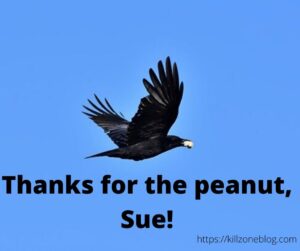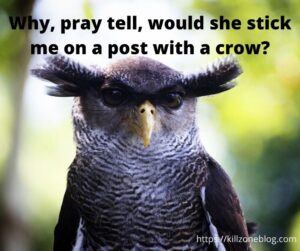by Debbie Burke
For your listening pleasure, here’s the late, great Queen of Soul Aretha Franklin singing Who’s Zoomin’ Who?
The answer is: millions are zooming.
Zoom is a videoconferencing service, similar to Skype but easier to use, where a number of people can see and talk to each other via their computer cameras and microphones. Until recently, Zoom has been used mostly by business.
An Authors Guild newsletter brought Zoom to my attention as an alternative for writers to connect with readers in the face of cancelled book launches, appearances, and tours.
[BTW, if you are not already a member of the Authors Guild, consider joining. Their lawyers reviewed three book contacts for me, worth far more than the $135 annual dues. Daily discussion groups are excellent sources of knowledge and experience shared by pros. Okay, end of commercial.]
Because Zoom is live, people at meetings can interact and ask questions. It enables authors to chat with book clubs and give readings and presentations.
Zoom’s basic option is free and allows from three to 100 participants, with a 40-minute time limit. Pro options start at $14.99/month and offer unlimited meeting time and other bells and whistles, including webinars, education courses, toll-free call-in numbers, etc.
Sounds like the perfect venue for authors and readers to connect, right?
Except there’s a hitch: you must give Zoom permission to access your computer. Whenever a third party gets inside your computer, there are inherent risks.
Last year, a massive security breach was discovered at Zoom. Cyber-security expert Jonathan Leitschuh reported the flaw in this article. His analysis is highly technical and much of it went way over my head. But it’s still well worth reading for his summations.
To paraphrase in simple non-geek terms, Zoom is essentially a virus, albeit a benevolent one, that opens a back door in your computer to activate your camera and microphone, letting you see/hear others and they see/hear you.
However, a flaw enabled hackers to hijack Mac users’ cameras, obtain personal data, and insert malware without the user’s knowledge.
Jonathan expressed concern about Zoom’s slow response to patch the flaw and their rather cavalier attitude toward their customers’ security.
Additionally, even if you uninstall Zoom, the capacity remains for third parties to access your computer to do mischief. Jonathan’s article delves deeply into Zoom’s inner workings and suggests workarounds.
For those of us who are less techie, here’s an article from Consumer Reports with ways to protect your camera and mic from hacking.
“Zoom-Bombing” is another problem. This recent article from Forbes describes how trolls broke into a Zoom meeting and inserted pornographic videos. When they were blocked, they simply chose new user names, joined the meeting again, and inserted more “bombs.”
Zoom’s privacy statement reveals they share your information with third parties like Google and Facebook. In other words, data mining.
With COVID 19, Zoom use has exploded and its stock is going to the moon. This article in the Motley Fool says:
“Why Zoom is a solid long-term bet:
While Zoom stock has already more than tripled from its original IPO price, it still has the potential to create massive wealth for long-term investors. The enterprise collaboration segment is expected to top $48 billion in 2024, up from $31 billion in 2019.”
With shelter-in-place restrictions, hundreds of thousands of people are conducting virtual meetings about every subject from Aardvarks to Zumba. With many more potential targets for malicious hackers to exploit, I expect attacks will zoom up faster than the stock.
While I don’t seriously believe hackers are dying to break in on my upcoming meeting with a book club, I am concerned. When personal data is vulnerable, losses can be drastic.
Each of us must decide if the risks outweigh the benefits of using Zoom.
~~~
TKZers: Have you used Zoom or other videoconferencing tools? What has been your experience?
~~~
Last day to download Debbie Burke’s thriller, Instrument of the Devil, for only $.99 here.

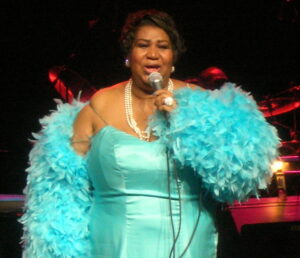
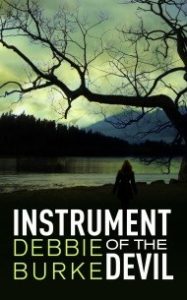
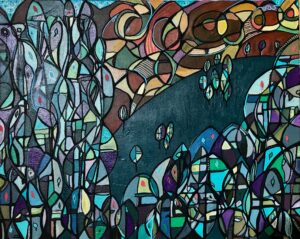
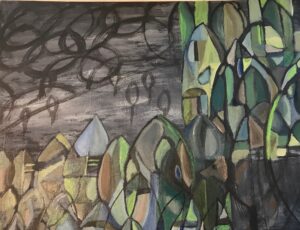
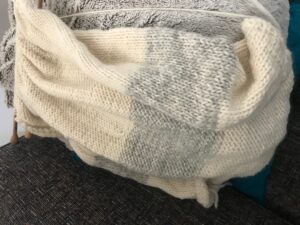
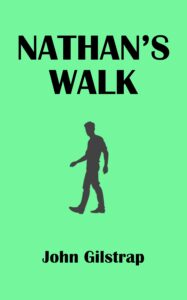

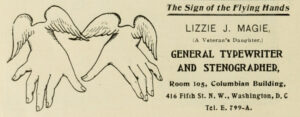
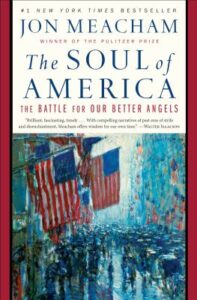
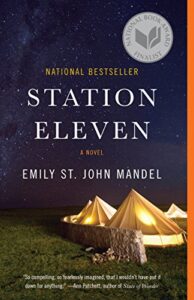
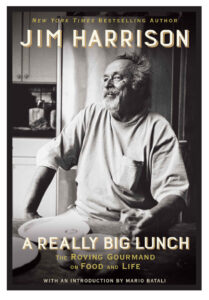
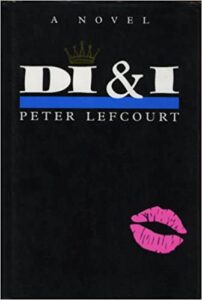
 I
I 